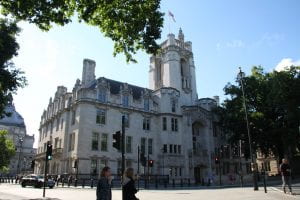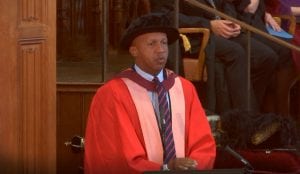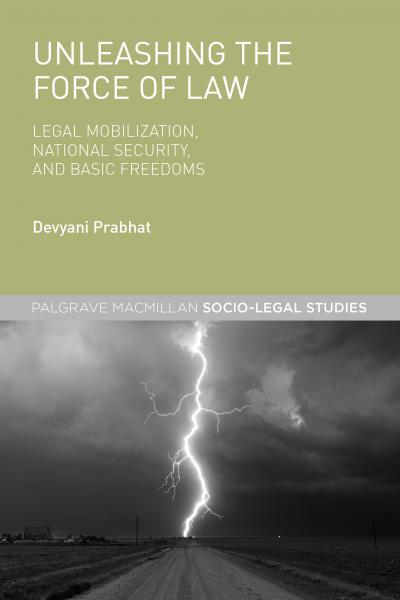by Devyani Prabhat, Professor, Law School, University of Bristol
The Supreme Court has refused permission for Shamima Begum, who left the UK as a 15-year-old British schoolgirl for Syria in 2015, to come back to the UK so that she can effectively challenge the removal of her citizenship (decision dated 26th February 2021; [2021] UKSC 7). Begum was found in a camp in Syria two years back. The Home Secretary removed her British citizenship soon thereafter, arguing that she has eligibility for Bangladeshi citizenship, and would not be left stateless without British citizenship. (more…)







